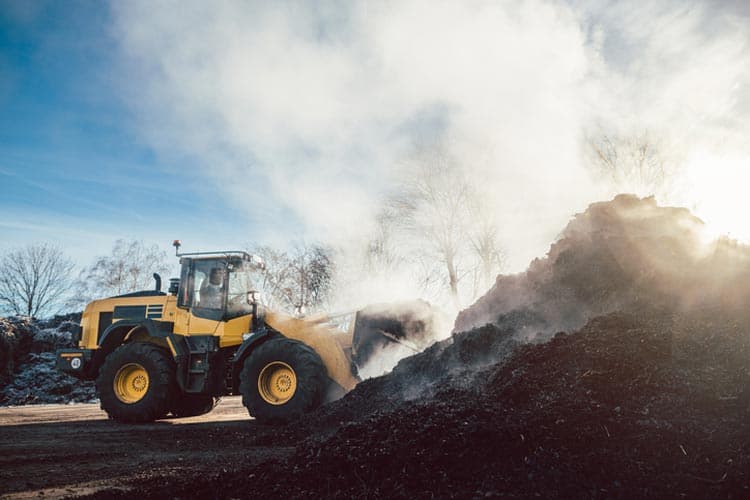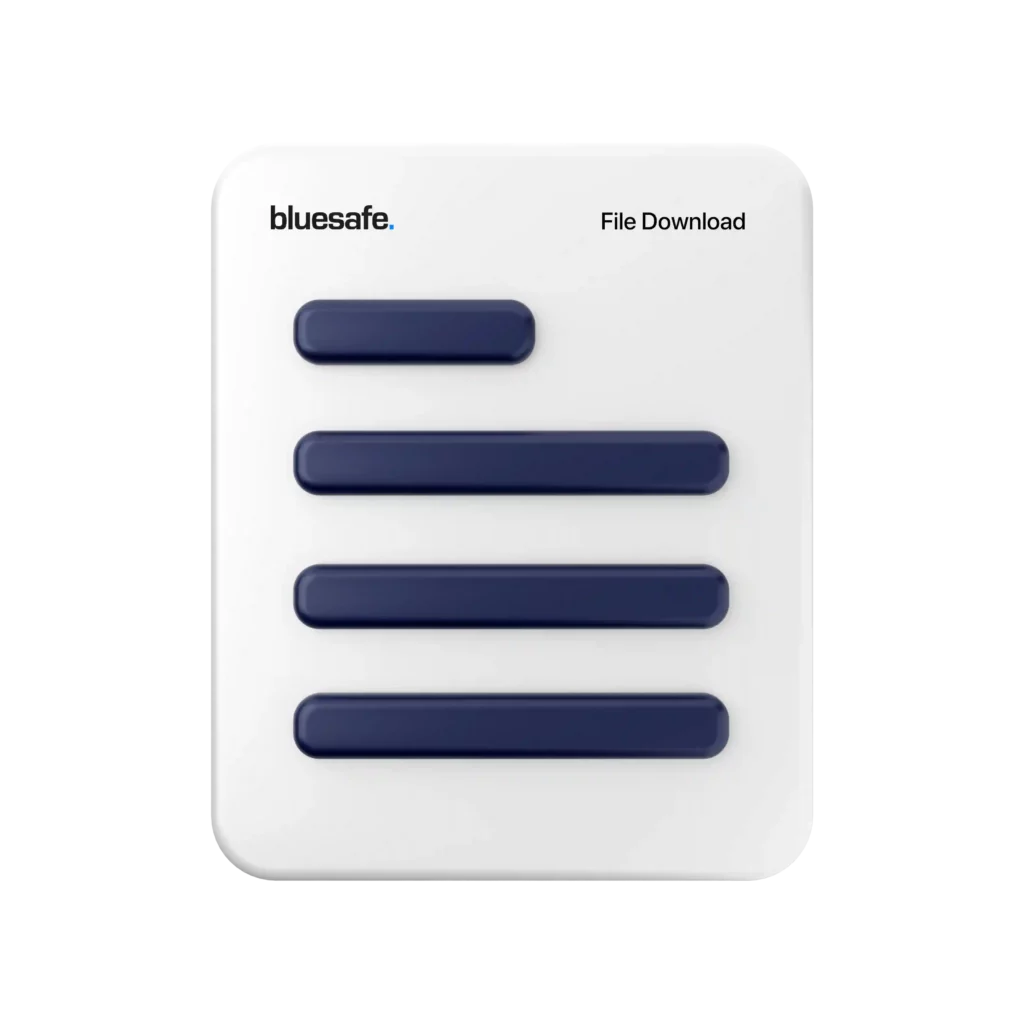Composting is the process of breaking down organic materials, such as food scraps, yard waste, and animal manure, into a nutrient-rich soil amendment that can be used to improve soil health and grow healthier plants. It’s a natural and sustainable way to recycle waste and reduce our environmental impact. However, as with any activity that involves handling organic materials, there are some dangers and safety recommendations that you need to be aware of to avoid potential health hazards.
First and foremost, it’s important to understand that composting can generate heat and produce gases, such as carbon dioxide, methane, and ammonia, that can be hazardous in high concentrations. Therefore, it’s important to compost in a well-ventilated area, preferably outdoors or in a well-ventilated building. If you’re composting indoors, make sure to use a fan or open windows to ensure proper ventilation and avoid inhaling harmful gases.
Another danger to be aware of when composting is the risk of injury from sharp or heavy objects. When you’re handling compost materials, such as shoveling, turning, or mixing, make sure to wear protective gloves and sturdy shoes to prevent cuts or bruises. Also, be cautious when lifting heavy bags or containers of compost, as they can be surprisingly heavy and cause strain or injury to your back or arms.
One of the most significant hazards of composting is the risk of exposure to harmful bacteria, fungi, and other pathogens that can cause illness or infection. To reduce this risk, always wash your hands thoroughly with soap and water after handling compost materials, especially if you have any cuts or scratches on your skin. Also, avoid touching your face, mouth, or eyes while working with compost, and consider wearing a mask or respirator if you’re working in a dusty or mouldy environment.
Another important safety recommendation when composting is to avoid composting certain materials that can be hazardous to human health or the environment. For example, avoid composting meat, dairy products, or oily foods, as they can attract pests and produce unpleasant odours. Also, avoid composting treated wood, coal ash, or pet waste, as they can contain harmful chemicals or pathogens that can contaminate your compost and harm your plants or soil.
Finally, it’s important to use your compost safely and responsibly. While compost is a great way to improve soil health and grow healthier plants, it’s not always appropriate for every situation. For example, avoid using compost on edible crops that will be eaten raw, such as lettuce or strawberries, as they can be contaminated with harmful bacteria from the compost. Also, be cautious when using compost near water sources, such as lakes or streams, as it can leach nutrients and pollutants into the water and harm aquatic life.
In conclusion, composting is an essential activity for anyone who wants to reduce their environmental impact and grow healthier plants. However, it’s important to be aware of the potential dangers and safety recommendations when working with compost. Remember to compost in a well-ventilated area, wear protective gloves and shoes, wash your hands thoroughly after handling compost materials, avoid composting hazardous materials, and use your compost safely and responsibly. By following these simple guidelines, you can enjoy the benefits of composting while minimising the risks.
Thanks for tuning in, and until next time, stay safe and keep composting!
Cheers,

![]()






